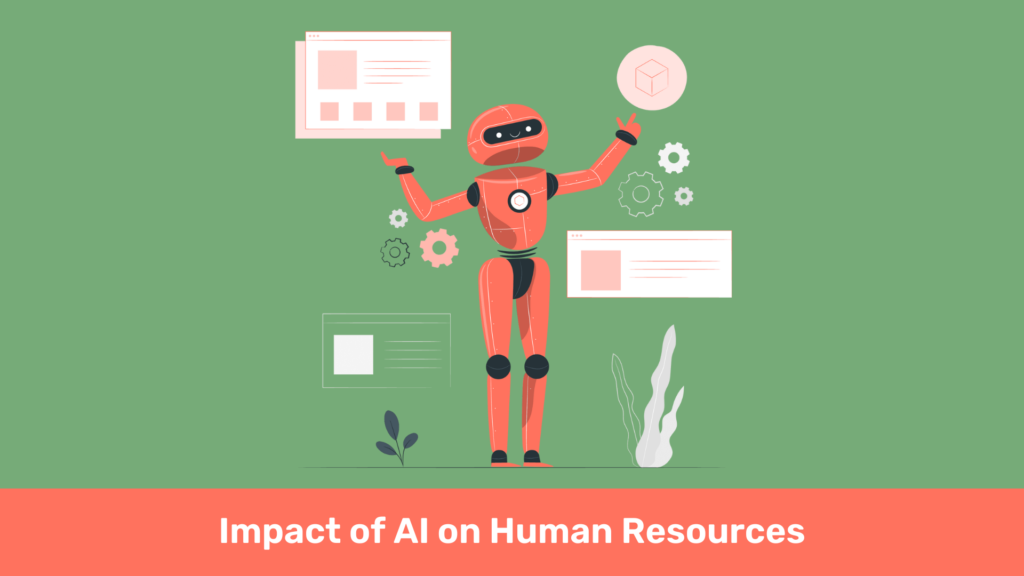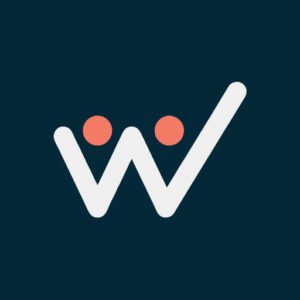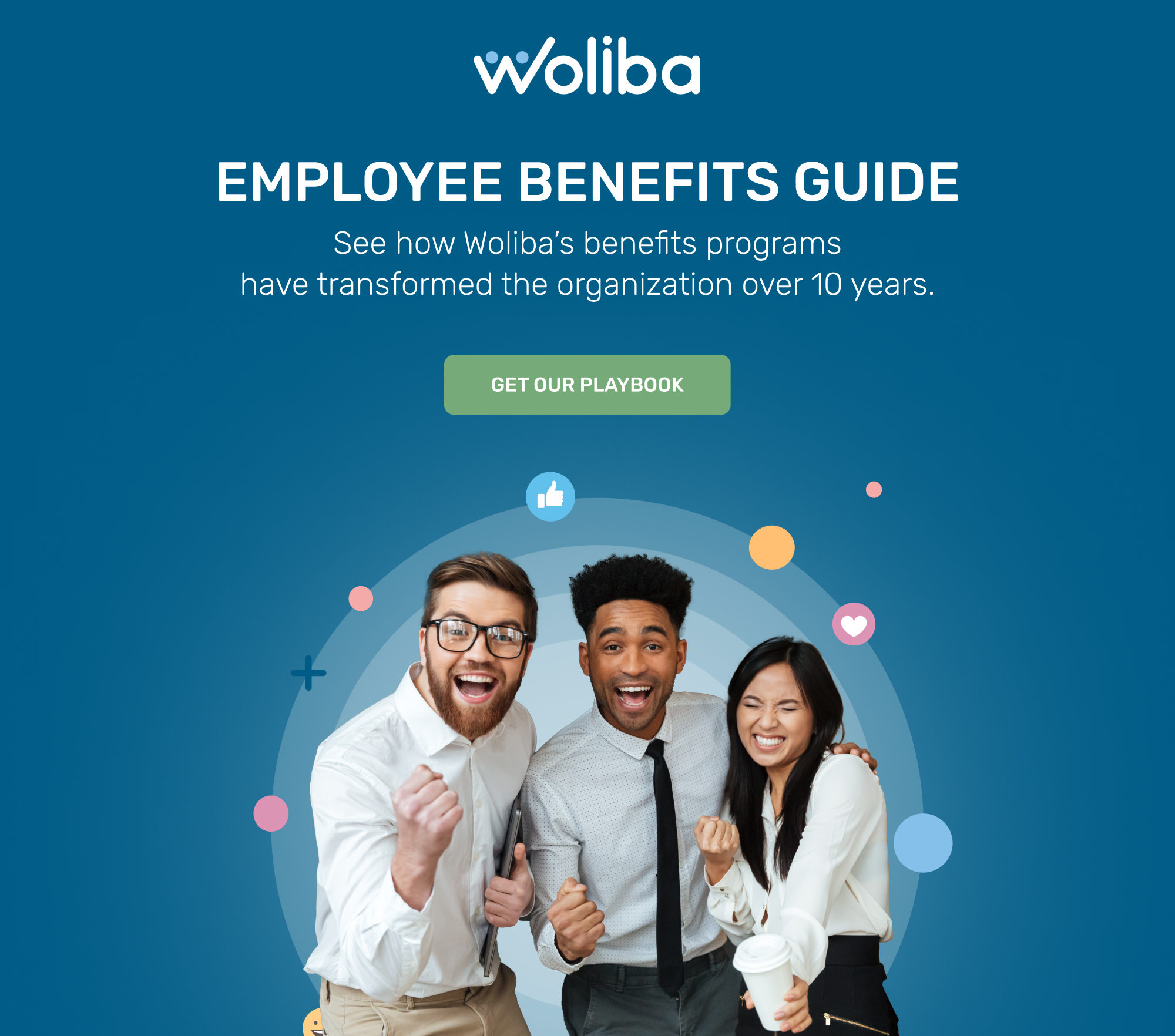Introduction
Imagine a future where routine HR tasks are automated, allowing HR professionals to focus on strategic initiatives that drive organizational success. This future is rapidly becoming a reality with the integration of artificial intelligence (AI) in human resources. AI is transforming various HR functions, from recruitment and talent management to employee engagement and HR analytics, making processes more efficient and data-driven.
In this blog, we will explore how AI is revolutionizing HR, providing actionable insights and strategies for HR professionals to leverage these technologies. We will delve into the role of AI in recruitment, talent management, enhancing employee engagement, and HR analytics. Additionally, we will address the ethical considerations and challenges associated with implementing AI in HR. By understanding these aspects, HR professionals can better prepare for the future and harness the power of AI to create a more effective and engaged workforce.
1. AI in Recruitment

Automated Resume Screening
One of the most time-consuming aspects of recruitment is sifting through countless resumes to find the best candidates. AI tools can significantly streamline this process by quickly analyzing resumes and identifying the most qualified applicants based on predefined criteria. These tools use natural language processing (NLP) to scan resumes for relevant keywords, skills, and experience, ensuring that only the most suitable candidates move forward in the hiring process. This not only saves time but also reduces human bias in the initial screening stage.
Chatbots for Initial Candidate Interaction
AI-powered chatbots are revolutionizing the initial stages of candidate interaction. These chatbots can handle preliminary questions from applicants, provide information about the job and the company, and even schedule interviews. By automating these routine tasks, chatbots free up HR professionals to focus on more complex aspects of recruitment. Additionally, chatbots are available 24/7, providing immediate responses to candidates and enhancing their overall experience.
Predictive Analytics for Hiring Decisions
Predictive analytics is another powerful application of AI in recruitment. By analyzing historical hiring data, performance metrics, and other relevant information, AI can predict which candidates are likely to succeed and fit well within the company. These predictions are based on patterns and correlations identified by AI algorithms, providing HR professionals with valuable insights to make more informed hiring decisions. Predictive analytics can also help identify potential red flags and areas for improvement in the recruitment process, ultimately leading to better hiring outcomes.
2. AI in Talent Management

Personalized Learning and Development
AI-driven platforms are revolutionizing learning and development by providing personalized training programs tailored to each employee’s needs and career goals. These platforms analyze an employee’s skills, performance data, and learning preferences to recommend specific courses, training modules, and development opportunities. This personalized approach ensures that employees receive relevant and engaging content, which enhances their skills and supports their career growth. As a result, organizations benefit from a more competent and motivated workforce.
Performance Monitoring and Feedback
AI tools enable continuous performance monitoring and real-time feedback, which are crucial for effective talent management. These tools collect and analyze data from various sources, such as project management software, communication platforms, and employee surveys, to provide a comprehensive view of an employee’s performance. Managers can use this data to offer timely and constructive feedback, set clear performance goals, and identify areas for improvement. Real-time feedback mechanisms help create a culture of continuous improvement and accountability, leading to higher employee satisfaction and productivity.
Career Pathing and Succession Planning
Artificial intelligence tools are also transforming career pathing and succession planning by mapping out career trajectories and identifying potential leaders within the organization. These tools analyze an employee’s skills, experiences, and career aspirations to suggest potential career paths and development opportunities. They also identify high-potential employees who are suitable for leadership roles and provide insights into the skills and experiences needed to prepare them for these positions. By leveraging AI for career pathing and succession planning, organizations can ensure they have a strong pipeline of talent ready to step into key roles, reducing the risk of leadership gaps and ensuring long-term organizational success.
3. Enhancing Employee Engagement with AI

Sentiment Analysis
AI-powered sentiment analysis tools can gauge employee sentiment by analyzing text from emails, surveys, and other communications. These tools use natural language processing (NLP) to identify and quantify emotions, moods, and opinions expressed by employees. By regularly monitoring sentiment, HR professionals can gain insights into employee morale, identify emerging issues, and respond proactively. For example, if sentiment analysis reveals a decline in employee morale following a major organizational change, HR can address concerns promptly, thereby maintaining a positive work environment.
Personalized Employee Experiences
AI-driven personalization can significantly improve employee engagement. By analyzing employee data, AI can tailor benefits, recognition programs, and workplace experiences to individual preferences and needs. According to a study by Deloitte, 79% of executives believe that AI will transform the way their HR departments operate within the next three years. This statistic highlights the growing recognition of AI’s potential to enhance various HR functions, including employee engagement.
Automated Surveys and Feedback Collection
Automated surveys and feedback collection systems streamline the process of gathering and analyzing employee input. Artificial intelligence tools can design and distribute surveys, collect responses, and perform real-time analysis to provide actionable insights. These systems can identify trends, highlight areas of concern, and suggest interventions to improve employee satisfaction. Automated feedback tools can also facilitate continuous dialogue between employees and management, ensuring that employees feel heard and that their feedback leads to meaningful changes. By making feedback collection more efficient and responsive, organizations can foster a culture of openness and continuous improvement.
4. AI in HR Analytics

Data-Driven Decision Making
AI plays a pivotal role in enhancing data-driven decision-making in HR. By utilizing AI to analyze vast amounts of HR data, organizations can uncover patterns, trends, and insights that inform more effective strategies. AI algorithms can process data from various sources, including employee records, performance reviews, and engagement surveys, to provide comprehensive analyses. This enables HR professionals to make informed decisions regarding hiring, training, retention, and other critical HR functions, ultimately improving overall organizational efficiency and effectiveness.
Predictive Analytics for Workforce Planning
Predictive analytics enables HR departments to forecast future staffing needs and employee turnover accurately. By analyzing historical data and identifying key indicators, AI tools can predict trends such as attrition rates, retirement, and the need for specific skill sets. This allows HR professionals to proactively address potential staffing gaps, plan recruitment drives, and design retention strategies. For example, if predictive analytics indicate a high likelihood of turnover in a particular department, HR can implement targeted interventions to enhance employee satisfaction and retention in that area.
Employee Performance Metrics
AI analytics can transform the way organizations measure and evaluate employee performance. Traditional performance reviews often rely on subjective assessments, but AI introduces objectivity by analyzing data from various performance indicators. These can include productivity metrics, project completion rates, peer reviews, and more. AI can provide real-time performance feedback, highlight strengths and areas for improvement, and even predict future performance trends. This comprehensive analysis helps managers make more accurate and fair evaluations, set realistic performance goals, and tailor development programs to individual needs.
5. Ethical Considerations and Challenges

Bias and Fairness
One of the primary ethical concerns with AI in HR is addressing potential biases in AI algorithms. AI systems are only as unbiased as the data they are trained on, which means that if historical data contains biases, the AI could perpetuate or even exacerbate them. For example, if past hiring data favored a certain demographic, the AI might inadvertently prioritize candidates from that group. To ensure fairness:
- Bias Audits: Regularly conduct bias audits of AI systems to identify and mitigate any biases in the algorithms.
- Diverse Training Data: Use diverse and representative datasets to train AI models.
- Human Oversight: Implement human oversight to review AI decisions, particularly in critical areas like recruitment and performance evaluations.
Data Privacy and Security
Safeguarding employee data and maintaining confidentiality is paramount when using AI in HR. AI systems often require access to vast amounts of sensitive employee information, which raises concerns about data privacy and security. To address these issues:
- Data Encryption: Use strong encryption methods to protect data at rest and in transit.
- Access Controls: Implement strict access controls to ensure that only authorized personnel can access sensitive data.
- Compliance: Ensure compliance with relevant data protection regulations, such as GDPR or CCPA, to protect employee privacy rights.
Transparency and Trust
Building trust is essential for the successful implementation of AI in HR. Employees need to understand how AI is being used and how decisions are made. Transparency helps alleviate fears and misconceptions about new technology:
- Clear Communication: Clearly communicate the purpose and scope of AI tools to employees. Explain how AI contributes to decision-making processes in areas like hiring, promotions, and performance reviews.
- Decision Explanations: Provide explanations for your decisions to ensure they are understandable and justifiable. This can involve detailing the factors that influenced a particular decision.
- Ethical Guidelines: Establish and share ethical guidelines for AI use in HR, demonstrating the organization’s commitment to ethical practices.
Conclusion
Summary of Key Points
AI is revolutionizing HR by streamlining processes, enhancing decision-making, and improving employee engagement and satisfaction. From automated resume screening and chatbots for candidate interactions to personalized learning and predictive analytics for workforce planning, AI is transforming every facet of HR. It enables data-driven decision-making, continuous performance monitoring, and personalized employee experiences, ultimately leading to a more efficient and effective HR function.
Call to Action
HR professionals should explore and adopt these technologies to stay competitive and meet the evolving needs of their organizations. Embracing AI in HR practices not only enhances efficiency but also drives better outcomes in recruitment, talent management, employee engagement, and overall organizational performance.
Closing Thought
The future of HR lies in harnessing the power of AI to create more dynamic, responsive, and personalized human resource practices. By integrating new technologies, HR professionals can focus more on strategic initiatives and foster a more engaged, satisfied, and productive workforce. The potential for improved efficiency and employee satisfaction is immense, and the journey toward an AI-enhanced HR function starts now.
For those looking to enhance employee engagement and wellness, consider using Woliba. Woliba is an innovative HR tool that leverages AI to create personalized wellness and engagement programs, helping to build a healthier and more connected workforce.









